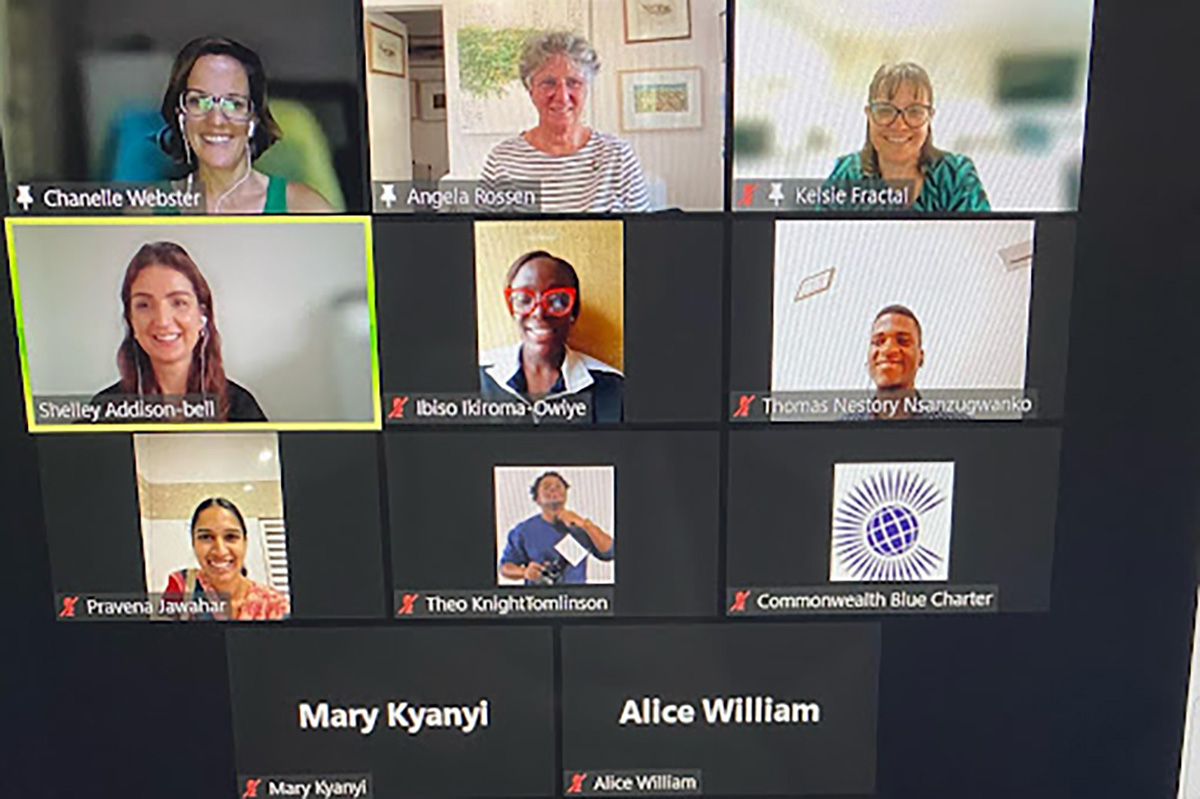“Huge fine is assault on private property”
January 1st, 2016 An enormous fine levied by a national regulator has troubling implications for private business, writes Michael Gyekye, 22, a Correspondent from Koforidua in Ghana.
An enormous fine levied by a national regulator has troubling implications for private business, writes Michael Gyekye, 22, a Correspondent from Koforidua in Ghana.
MTN Nigeria, a subsidiary of Johannesburg-based MTN Group Ltd, the market leader in telecommunications in Africa, has been slapped with a fine of US$5.2 billion by regulators in Nigeria.
The monstrous sum is the estimated equivalent of over 20% of the company’s current market value, its total profits in the country over the past two years and about a quarter of Nigeria’s 2015 national budget. The Nigerian Communications Commission explains the fine as the penalty for the telecom giant’s failure to cut services to some 5.2 million of its nearly 64 million customers in the country over their neglect to register Subscriber Identity Module (SIM) cards before a stipulated deadline. Approximately US$1000 was charged the company for each outstanding unregistered SIM card.
The gargantuan penalty is deemed to have been precipitated by reasons ranging from a new-fangled resolve to purge the country of unregistered SIM cards, which are reckoned to facilitate the commission of crimes and terrorist activities, to the angst of local powers over the kidnap of a high ranking political functionary.
As executives of MTN grapple with authorities in the West African country for a mitigation of the sanction and flexible settlement arrangements, the company’s Chief Executive Officer has stepped down from his position while the performance of the company’s stock on the Johannesburg Stock Exchange has since recorded a slump.
In Africa, slamming a telco with sometimes crippling penalties for alleged breaches of regulations is not unique to Nigeria. There have been examples in other countries. A couple of years ago, sanctions were imposed on telcos in Ghana, Nigeria’s West African neighbor, for alleged poor customer service and assorted regulatory infractions.
Regrettably, the confiscation of whopping sums from telcos in fines and subsequent stimulation of slumps in their stock market performance, hamper the growth and expansion of telecommunication sectors and industries that depend on them, in areas with such harsh regulatory regimes. Similarly worrying, the sanctions constrain the job creation capacities of these budding symbiotic industries.
This particular sanction of MTN throws up a host of crucial issues. One of them is of high significance, as it regularly launches firms and industry regulators on collision paths and land the former in predicaments like this one. This issue is the kind and extent of responsibility of private firms in law enforcement in their jurisdictions of operation. It provokes the question: Is punishment of private corporations for their customers’ refusal to voluntarily meet demands of regulators in commercial transactions an assault on private property?
Addressing this, let’s recall that MTN’s fine is premised on its refusal to forgo potential profit by pursuing costly technical activities meant to end its conduct of business with a section of its customers. The fine therefore means MTN is picking up the tab for some its customers’ refusal to voluntarily request registration of their SIM cards within a time frame determined by the Nigerian regulators.
The following questions then become pertinent.
First, does the purchase of an MTN SIM card amount to a voluntary expression of a customer’s desire to register the card and hence impose a legitimate duty on the telco to see to the said registration? I do not believe so. Buyers of guns in autocratic societies with extensive spying networks would shirk an obligation to register their guns as profound gestures of principled defiance.
Second, can one imagine an auto manufacturer penalized for the refusal of its customer to register a car or buy vehicle insurance? Your guess is not different from mine!
Third, why would the regulators not rather independently trace unregistered SIM card users after each deadline, and pursue punitive actions against them by themselves?
I am led to the following conclusions after considering these questions.
First, the regulators are compelling MTN to force their customers to register their SIM cards, an undertaking about which some of the customers may have legitimate reservations, particularly as regards their personal security, after providing the required personal data for the registration. If these concerns of the customers are rubbished today, who knows the next thing the regulators would demand? That they declare their ethnic or religious identities as SIM card users? All in the name of helping combat crimes and terrorism?
Second, the regulators are also compelling MTN to adjoin SIM card registration to its SIM card sales business. This is analogous to asking an auto manufacturer to integrate vehicle registration and insurance services into its sales operations. This imposition assumes market, technical and social feasibility considerations must be irrelevant to the firm as ordered.
Finally, the regulators are transferring the technical and financial burdens of sanctioning perceived recalcitrant users of unregistered SIM cards to the telco. This is a usurpation of the telco’s technical and financial resources to pursue an alleged national security objective.
In the final analysis, I reckon the fine of MTN Nigeria is a massive assault on an otherwise innocent commercial private entity!
photo credit: HTC One M9 _ 17 via photopin (license)
…………………………………………………………………………………………………………………
About me: I aspire to become a legal practitioner and scholar. I hope to lead an international law firm and lecture in a world-class law school in the future. I love to read, write, teach and travel. I am fascinated by local and international developments in politics, business, technology, sports and culture.
I am currently a final-year undergraduate student of political studies at the Kwame Nkrumah University of Science and Technology in Kumasi, Ghana. I will graduate in June this year.
Reach me on Facebook at Michael Adu Gyekye
…………………………………………………………………………………………………………………
Opinions expressed in this article are those of the author and do not necessarily represent the views of the Commonwealth Youth Programme. Articles are published in a spirit of dialogue, respect and understanding. If you disagree, why not submit a response?
To learn more about becoming a Commonwealth Correspondent please visit: http://www.yourcommonwealth.org/submit-articles/commonwealthcorrespondents/
…………………………………………………………………………………………………………………




